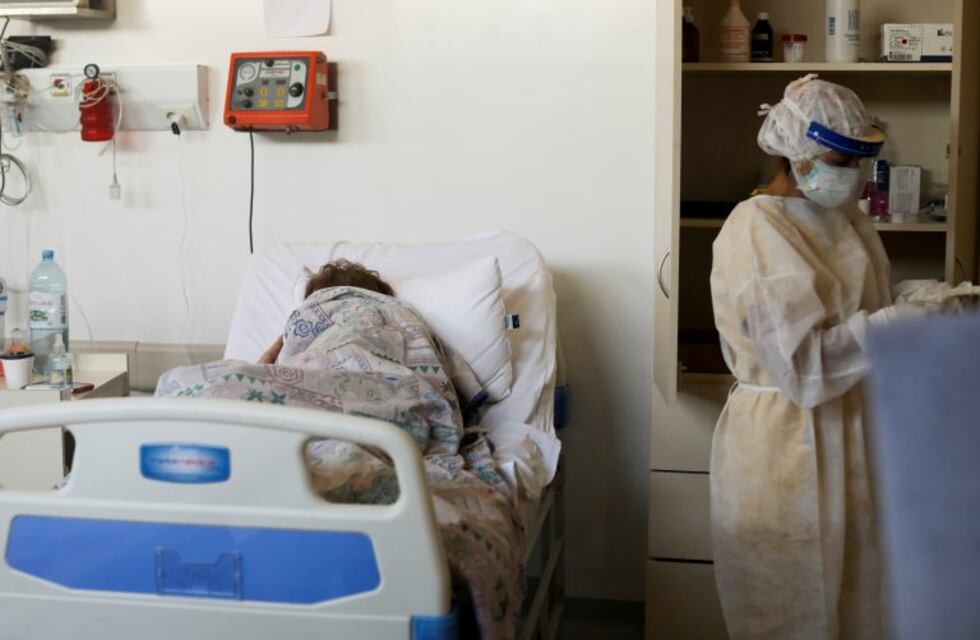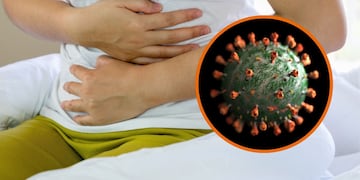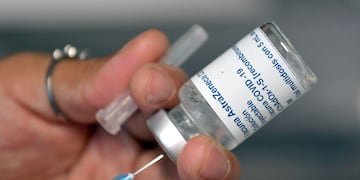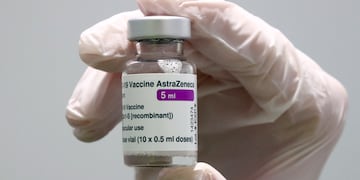La Ciudad estableció este martes los protocolos para que familiares de algún paciente con coronavirus en estado crítico puedan visitarlo al lugar en donde esté internado, que incluirá vestir el mismo atuendo que usan los enfermeros que atienden a los enfermos y firmar un consentimiento que especifique los eventuales riesgos que supone esa visita.
"El objetivo es brindar un procedimiento seguro que garantice el acompañamiento y la contención tanto para el paciente como para sus familiares", indicaron desde el Ministerio de Salud.
La persona que ingrese debe tener entre 18 y 60 años, gozar de buena salud, no presentar factores de riesgo y no estar embarazada.
En cuanto al procedimiento, detallaron que la posibilidad de la visita será comunicada por el hospital a los familiares, quienes deberán designar a una persona de su entorno con las características adecuadas para que se acerque a la institución.

Una vez allí, la persona recibirá una explicación detallada sobre las circunstancias en las que debe desarrollarse el encuentro.
El personal del centro de salud también informará al familiar sobre los tratamientos médicos que recibe el paciente y cuál es su estado de salud, para reducir el impacto emocional.

Por su parte, la persona que realiza la visita deberá utilizar el Equipo de Protección Personal (EPP), tal como lo hace el personal de salud en los sectores Covid-19 de los hospitales, y podrá ingresar con algún objeto de valor sentimental como fotos, motivos religiosos, entre otros.
El tiempo de la visita se evaluará de acuerdo a las circunstancias de de cada caso.



































